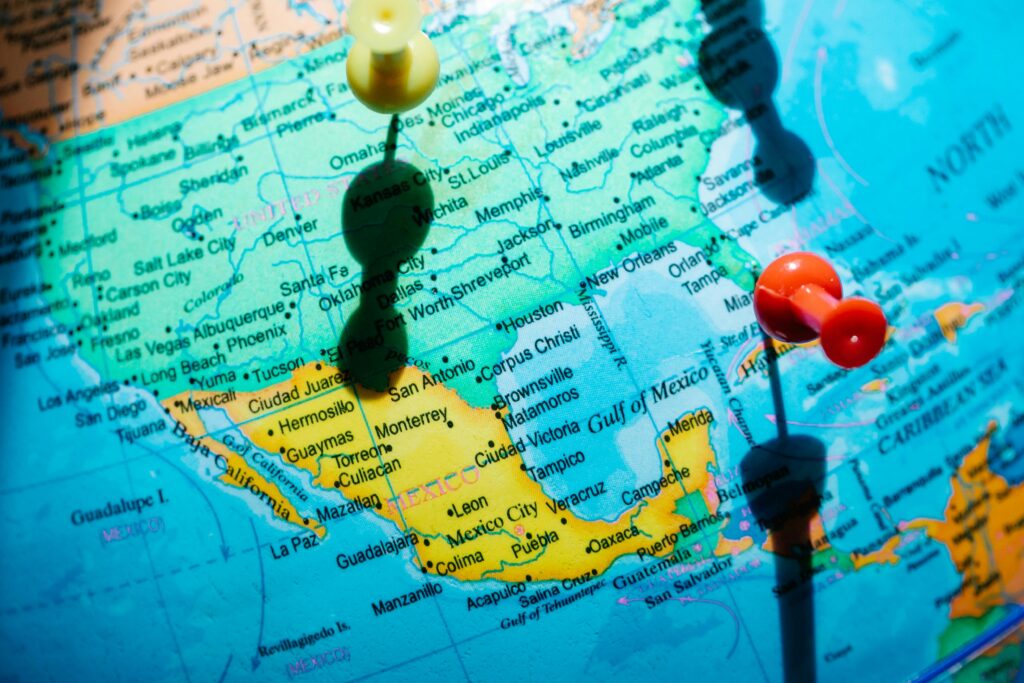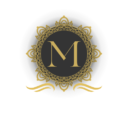
State and Government Formation
Definition of the State:
The state is an organized machinery for making and carrying out political decisions and for enforcing the laws and rules of government.
It is an autonomous political unit, encompassing many communities—a society politically organized and more than a mere collection of families or organizations.
The state is the fundamental association for the maintenance and development of social order.
It is also viewed as an instrument of class oppression.
Philosophical Conception of the State:
State scholars have attempted to explain, interpret, and understand pre-state social formations in various ways.
Pre-state Social Organization:
There were communal forms of life before the appearance of an official political body—such as the family state, elders’ council, and tribal council—in primitive communal societies.
The primitive commune was the original or ancient natural group based on common blood, language, and custom, with the family extended into the tribe.
This development was made possible through intermarriage of families or combinations of tribes.
The economy was based on hunting, fishing, and gathering the bounty (gifts) of nature, and later included the rearing (taming) of animals and farming in more advanced stages.
Marxism holds that in pre-class society, people lived communally—without private property, without markets or institutions. Social problems were handled by the elders’ council.
According to this view, the family was seen as a family-state, where leadership was initially exercised by mothers (matriarchal leadership) and gradually shifted to fathers (patriarchal leadership).
To continue the existence of the commune in the same form, its members had to continue reproducing within the existing objective conditions.
The process of production and an increase in population led to material wealth, unequal distribution, and social stratification.
This gave birth to more complex socio-economic formations.
State of Nature:
Others viewed the pre-state period as a society governed by a “state of nature,” where society was under the domain of natural forces and man was free to act.
Some thinkers suggested that mankind lived without laws and institutions.
Hobbes described this state of nature as one in which men were subject to no laws and driven by brutal self-interest.
In order to counter this undesirable state of affairs, people organized themselves along social lines and agreed to delegate power or authorize a sovereign (supreme authority).
Theories of the Origin of the State
1. Marxist Theory:
According to this theory, the need for the state arises from the increasing size of communities and the division of labor.
This division of labor gives rise to groups with divergent interests, leading to disputes that cannot be settled by traditional methods, but require a new type of authority—the state.
The emergence of private property, division of labor, and unequal classes resulted in the creation of a political body to protect the interests of property owners.
Summary:
- The state is a product of society at a certain stage of development.
- The state arose from the need to manage class antagonisms.
- The state is essentially an organization for class oppression.
2. Liberal Approach:
This approach holds that the origin of the state is likely the result of a variety of factors.
Theory of Social Contract:
Social contracts are the foundation of political authority and the reason why citizens should obey their governments. They are common agreements that form the basis of society and the state.
a) Thomas Hobbes (1588–1679):
He remarked on the impossibility of living in the state of nature:
“Covenants without the sword are but words and of no strength to secure a man at all.”
Therefore, the security of individuals in the state of nature had to be transferred to a third party, who becomes the sovereign and embodies the real personality of the state.
b) John Locke (1632–1704):
Locke believed there was a time when there was no government or political society, where life was not orderly, peaceful, or predictable.
As a result, men came together and formed political societies.
All sovereigns in the world owe their power to the original social contract based on consent.
The doctrine of social consent implies that society has the right to remove a ruler who betrays that trust.
c) Jean-Jacques Rousseau (1712–1778):
According to Rousseau, the act of association creates a moral and collective body—a general will.
The general will is the sum total of the individual wills of the people who entered into the social contract to form a political body.
It is not the result of a majority decision.
3. Theory of Conquest:
Supported and elaborated by Jean Bodin (1530–1596), this theory posits that the state originated through conquest.
One group conquered another by force and organized society through war activities.
Some states were founded to conquer, defend against invasion, or expel invaders from the country.
4. Theory of Leadership:
This theory suggests that the state emerged as a result of leadership.
In times of crisis, an individual with commanding qualities often stepped forward and assumed control.
5. Theory of Agricultural Development:
The state is seen as the result of agricultural development, which led to permanent settlements, increased population, and a higher degree of social organization.
6. Natural Expansion of Group Life:
As population increased in limited areas, customary law and family-based administration of justice proved inadequate, making political organizations necessary as substitutes.
7. Divine Right Theory:
This theory holds that the state (sovereign power) emerges from the will of God.
The sovereign rules by divine consent.
The existence of political power is justified through Christian belief in mankind’s sinful nature.
Conclusion:
All theories and hypotheses on the origin of the state are not mutually exclusive.
They represent different aspects of human political evolution.
Political and Legal Personality of the State:
In ancient political theory, the state was seen as the polis or city-state.
It was not just a political unit but also a way of life, encompassing a complex web of artistic, economic, intellectual, moral, political, and religious aspirations.
